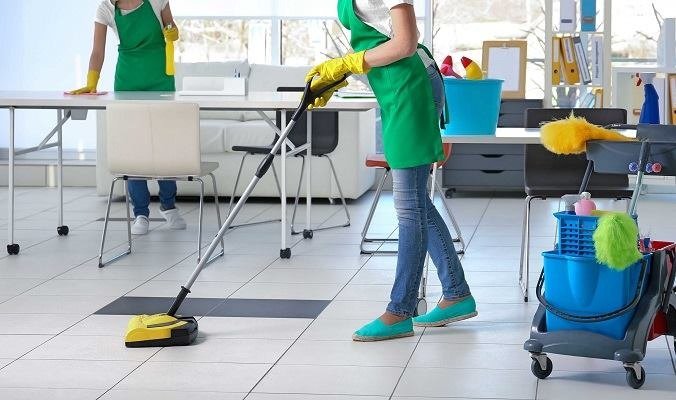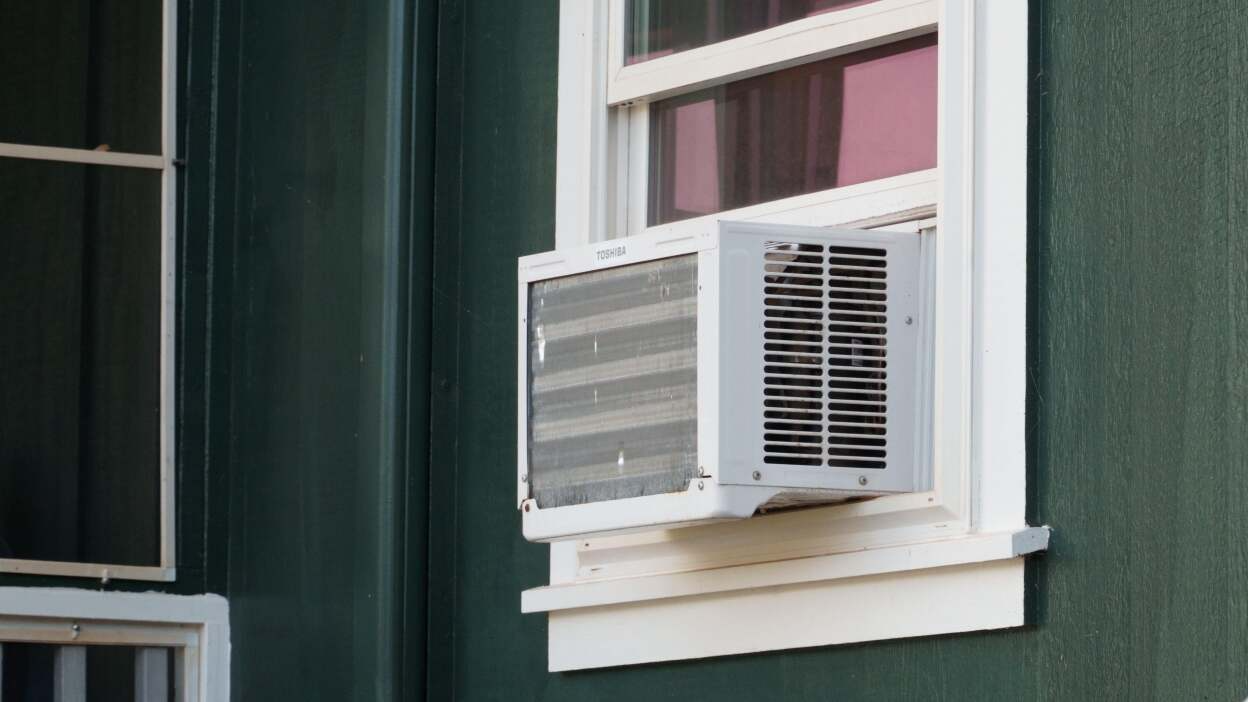A safe home is more than just a sturdy structure—it’s a space where every element, from wiring to heating, functions correctly and safely. Whether you own your home or rent it, understanding the importance of regular safety inspections is essential to keeping your property secure and your household protected.
In cities like London, many homes—especially older ones—require routine checks to maintain safety standards. Essential certifications such as the Gas Safety Certificate London serve as official proof that gas appliances and systems in a property are inspected and meet the legal safety requirements. This kind of certification is a vital part of ensuring your home remains a safe place to live.
Why Home Safety Inspections Matter
Everyday life in a home involves the use of multiple systems and appliances that, if faulty or poorly maintained, can become hazardous. Safety inspections are structured assessments carried out by qualified professionals to identify such risks before they cause harm. These assessments look at areas like gas systems, electrical installations, fire safety equipment, and structural integrity.
For homeowners, inspections offer peace of mind. For landlords, they are a legal necessity. Regular checks help ensure that the property continues to meet national safety standards and reduces the chance of incidents that can cause injury, damage, or legal issues.
Gas and Electrical Safety: Two Key Areas
Gas and electricity are two of the most critical areas covered in safety inspections. Gas appliances that are not properly maintained can leak carbon monoxide, a deadly gas with no smell or colour. Electrical systems that degrade over time can cause shocks, short circuits, or fires.
These systems require periodic inspections by registered professionals. The gas inspection, for example, checks all appliances, pipework, and flues. If everything passes, the property receives a valid certificate. For electrical safety, an inspection known as an Electrical Installation Condition Report (EICR) assesses the safety of the home’s wiring and circuitry.
The Fire Safety Component
Another important element of home safety inspections is fire prevention. This includes checking that smoke alarms and, where applicable, heat or carbon monoxide detectors are working properly. In rental homes, it is the landlord’s responsibility to install and test these alarms regularly. Homeowners are advised to conduct routine tests themselves to ensure the devices remain functional.
Inspections may also involve identifying fire hazards such as blocked exits, overloaded electrical sockets, and unsafe storage of flammable items. Spotting these issues early is vital in preventing potential fires.
Structural Safety and General Maintenance
While less talked about, the structural condition of your property plays a significant role in safety. Loose handrails, weak staircases, unstable ceilings, or signs of water damage can all lead to serious accidents or long-term deterioration.
General maintenance checks help uncover these issues. A thorough home inspection will include a review of both the interior and exterior, looking for signs of wear, damage, or decay that could compromise safety. These inspections are especially useful before the change of seasons, after storms, or when buying or renting a new property.
Legal Duties and Compliance in the UK
In the UK, landlords have a legal responsibility to ensure that their properties are safe. Gas safety is regulated by the Gas Safety (Installation and Use) Regulations 1998. Landlords must arrange annual checks of all gas appliances and installations by a Gas Safe registered engineer.
Electrical safety regulations require landlords to have the electrical installations in their properties inspected and tested at least every five years. Tenants must be given a copy of the report. Fire safety duties are outlined in regulations like the Smoke and Carbon Monoxide Alarm (England) Regulations 2015.
If you’re a tenant or homeowner looking to understand more about housing safety regulations, the UK government provides clear guidance on their official website.
When to Schedule Safety Inspections
The frequency of inspections depends on the type of system being checked. For example, gas safety checks in rented properties must be done annually, while electrical checks are required every five years. Fire alarms should be tested monthly, and carbon monoxide detectors should be tested just as regularly.
Other types of checks, such as structural assessments or damp inspections, may be done annually or based on visible signs of wear or damage. Seasonal inspections can also help ensure that your home is prepared for weather-related risks like flooding, frozen pipes, or overheating.
The Cost of Neglecting Safety
Failing to carry out regular safety checks can have serious consequences. Unnoticed gas leaks can lead to poisoning or explosions. Electrical faults can result in house fires. Mould or damp caused by hidden leaks can affect respiratory health, especially in children and older adults.
Beyond the health risks, neglecting home safety can lead to significant financial costs. Emergency repairs are often more expensive than preventative maintenance. Additionally, non-compliance with safety regulations can result in legal penalties, fines, or even the inability to rent out a property.
Encouraging Safety Awareness at Home
Promoting a culture of safety in the household is just as important as the inspections themselves. Encourage everyone in the home to report problems like unusual smells, strange sounds from appliances, flickering lights, or water stains on walls and ceilings.
Make safety part of your home routine. Test alarms once a month. Don’t overload sockets. Ensure that emergency exits and escape routes are clear. Store chemicals, tools, and flammable materials safely and securely.
For landlords, providing a clear safety manual for tenants is a good practice. It educates tenants about their responsibilities and gives them the information needed to identify and report safety issues promptly.
Conclusion
Regular safety inspections are a key component of maintaining a secure and healthy home. From gas and electrical checks to structural assessments and fire safety evaluations, each inspection plays a role in reducing risks and preventing accidents.
Whether you’re a landlord with multiple properties or a homeowner looking after your family’s well-being, taking the time to schedule routine checks is always worth the effort. With essential measures like the Gas Safety Certificate London, you’re not just complying with the law—you’re actively protecting everyone who steps through your front door.If you want to stay updated with posts like this, please follow us on In Flact.




